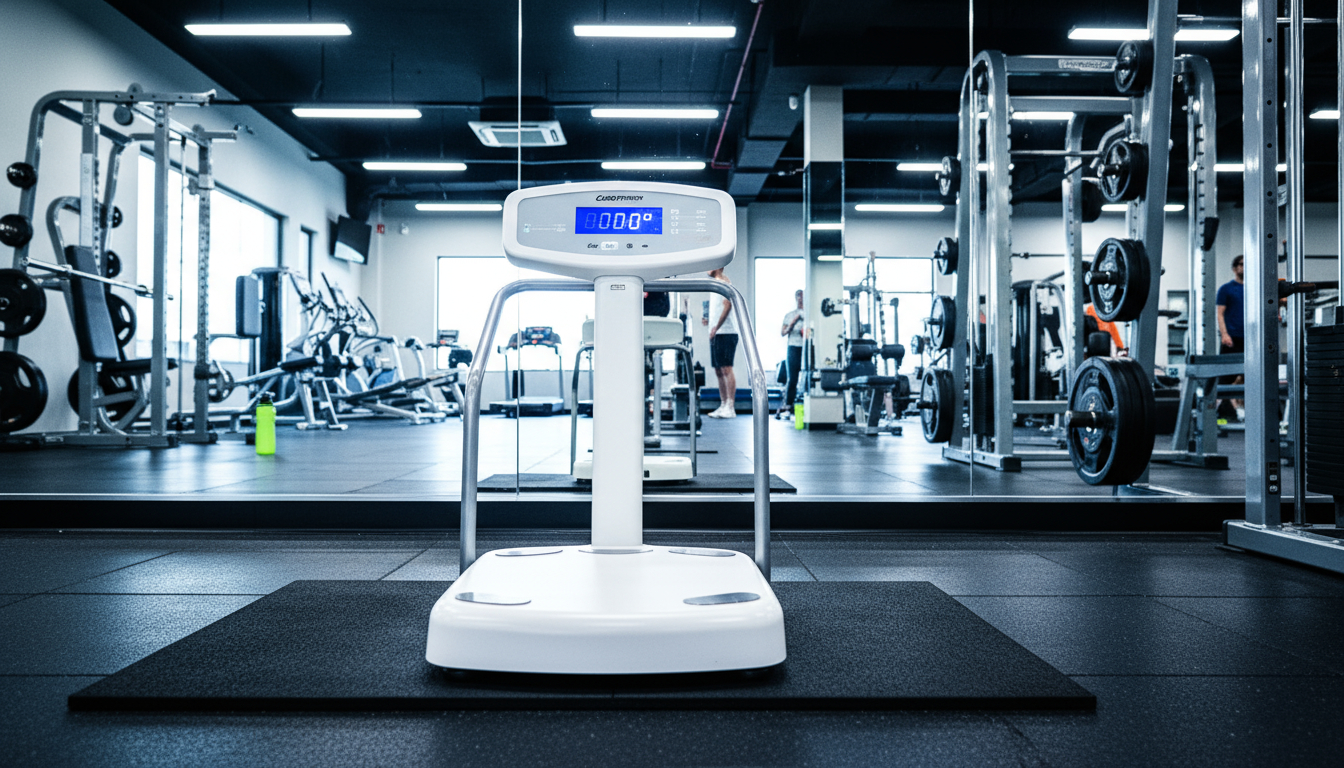
Proteins are the building blocks of the body: they are part of muscles, bones, skin, hair, nails and many hormones and enzymes.
Without them, the body cannot grow, repair, or stay strong.
They are molecules made up of amino acids, some of which the body cannot produce and must be obtained through food (essential amino acids).
Animals: meat, fish, eggs, milk and derivatives (yogurt, cheese).
Vegetables: legumes (lentils, chickpeas, soybeans), nuts, seeds, whole grains, tofu, or tempeh
The ideal is to combine plant and animal sources to achieve a complete supply.
The recommended protein intake depends on your lifestyle, age and specific situation.
Below is a rough guide:
Remember that 100 g of chicken breast provide about 22 g of protein, 2 eggs about 14 g, and 100 g of cooked lentils about 9 g.
During this stage, the female body undergoes hormonal changes that favor the loss of muscle and bone mass.
Slightly increasing protein intake (1.2—1.5 g/kg/day), along with strength exercise and sufficient calcium and vitamin D, helps maintain muscle mass, metabolism and bone health.
Chicken breast: 22 g
Cooked contact lenses: 9 g
Tuna: 23 g
Eggs: 12 g
Fresh cheese: 11 g
Tofu: 10 g
Boiled chickpeas: 8 g
Natural Greek yogurt: 9 g
Almonds: 21 g
In our radiological medical center we have a DEXA scanner that allows you to accurately measure your body composition: fat percentage, lean mass and bone density.
This analysis helps you customize your protein intake based on your health and performance goals.
At the Guayaba Health Center, we help you adapt your diet to each stage of life so that you feel strong, healthy and balanced.

